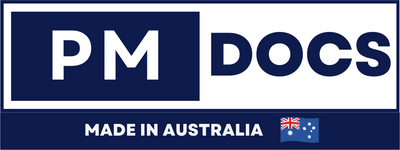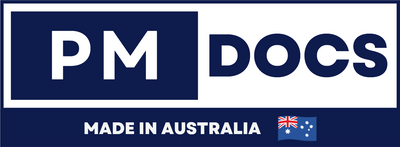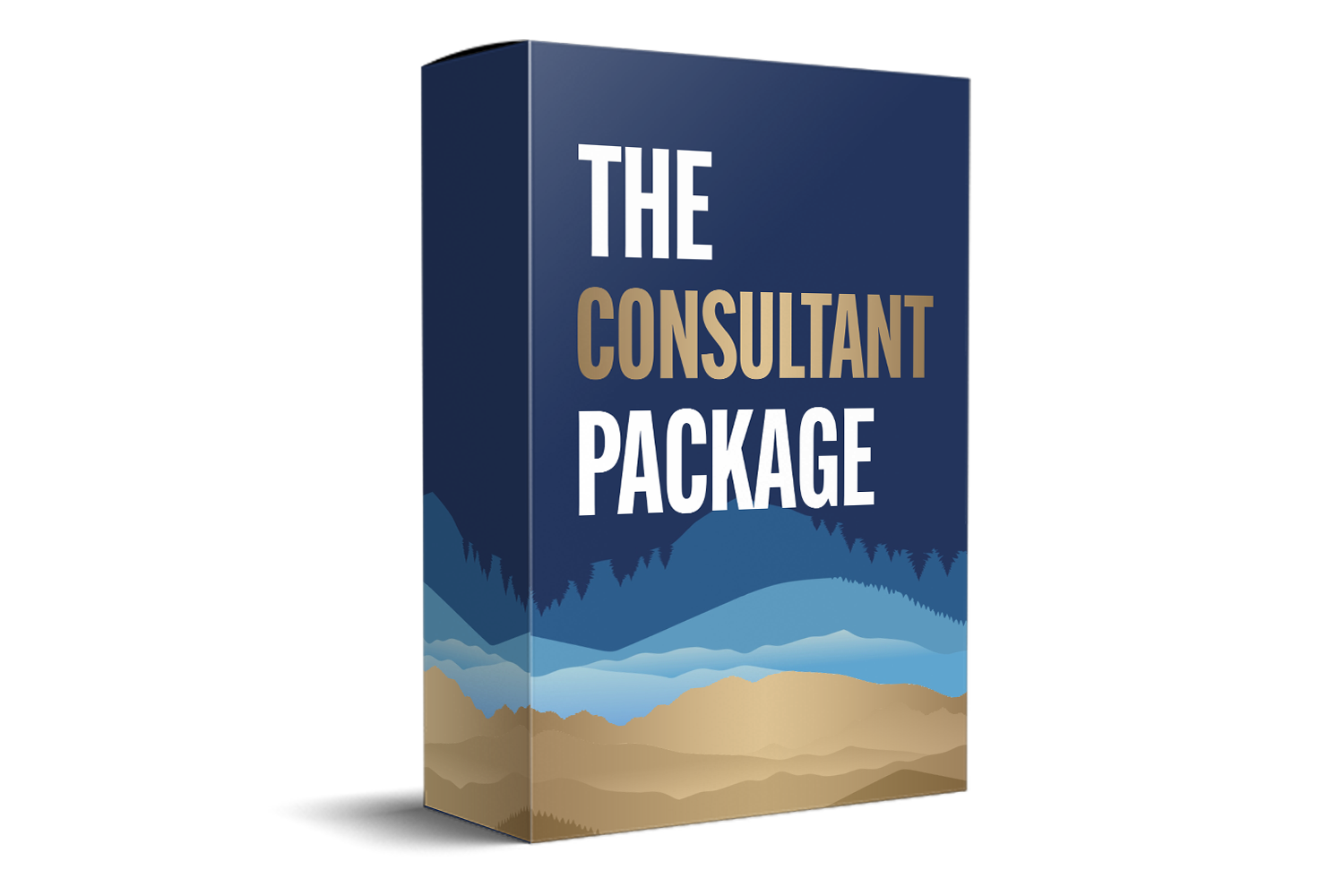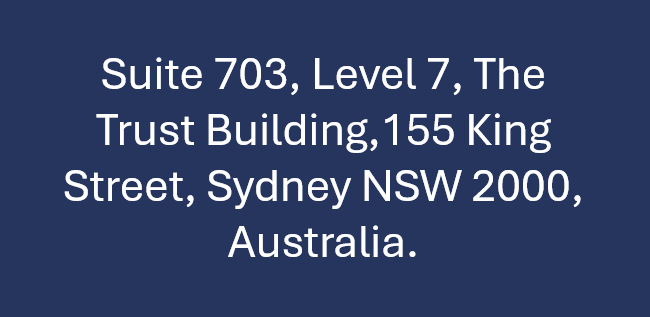ISO 14001 ConsultantsIin Australia: How to Choose The Right Partner
Navigating The Green Path: How To Choose The Right ISO 14001 Consultant In Australia
In today's global economy, environmental performance isn't just a buzzword; it's a critical component of corporate responsibility, competitive advantage, and regulatory compliance. For Australian businesses, with our unique and diverse environmental landscape – from the Great Barrier Reef to the vast outback, and the challenges of bushfires and droughts – demonstrating robust environmental management is more important than ever.

This is where ISO 14001, the international standard for Environmental Management Systems (EMS), comes into play. Achieving ISO 14001 certification signals a company's commitment to reducing its environmental footprint, complying with legislation, and continuously improving its environmental performance. However, establishing an EMS and navigating the certification process can be complex, resource-intensive, and fraught with potential pitfalls. This is precisely why many Australian organisations choose to partner with an ISO 14001 consultant.
But with a growing number of consultants vying for your business, how do you choose the right partner to guide your journey to certification and beyond? This comprehensive guide will walk you through the essential considerations to ensure you make an informed decision.
Why Engage An ISO 14001 Consultant In Australia?
While implementing an EMS in-house might seem like a cost-saving measure, a qualified consultant brings invaluable benefits:
-
Expertise and Efficiency: Consultants possess in-depth knowledge of ISO 14001 requirements, environmental legislation (both federal and state-specific like NSW EPA, VIC EPA, etc.), and best practices. They can streamline the process, saving you significant time and resources.
-
Objectivity and Fresh Perspective: An external consultant can provide an impartial assessment of your current environmental practices, identify gaps, and suggest improvements without internal biases.
-
Risk Reduction: They help ensure your EMS meets all regulatory requirements, reducing the risk of non-compliance, fines, and reputational damage.
-
Customised Solutions: A good consultant understands that no two businesses are alike. They'll tailor the EMS to fit your specific operations, industry, and environmental impacts.
- Training and Coaching: Consultants can train your staff on EMS principles, internal auditing, and environmental awareness, building internal capability for sustained improvement.
Key Criteria For Choosing Your ISO 14001 Partner
Selecting the right consultant is a strategic decision that heavily influences the success of your ISO 14001 implementation. Consider the following critical factors:
1. Proven Experience & Expertise
-
ISO 14001 Specificity: Does the consultant specialise in ISO 14001, or is it just one of many standards they cover? Look for deep expertise in environmental management principles.
-
Industry Relevance: Has the consultant worked with businesses in your specific industry (e.g., manufacturing, construction, mining, healthcare, agriculture)? An understanding of your sector's unique environmental challenges and regulatory landscape is crucial.
- Team Qualifications: Inquire about the qualifications of the specific consultants who will be working on your project. Are they certified lead auditors for ISO 14001? Do they have environmental science or engineering backgrounds?
2. Local Australian Knowledge & Context
Australia's environmental regulations can vary significantly between states and territories, and even at local council levels.
-
Regulatory Acumen: Does the consultant demonstrate a thorough understanding of Australian federal laws (e.g., EPBC Act) and specific state legislation (e.g., Queensland Environmental Protection Act, Victorian Environmental Protection Act)? Can they help you build a robust legal register tailored to your location?
-
Geographical Reach: Can they physically visit your sites if required, or do they offer effective remote support for geographically dispersed operations?
- Understanding of Australian Business Culture: A consultant familiar with how Australian businesses operate can integrate more seamlessly and offer more practical advice.
3. Demonstrated Track Record & References
Actions speak louder than words. A reputable consultant will have a strong portfolio.
-
Case Studies: Ask for examples of successful ISO 14001 implementations, ideally from companies similar to yours.
-
Client Testimonials & References: Be sure to request and follow up on references. Speak directly with previous clients to understand their experience with the consultant's approach, effectiveness, and reliability.
- Their Own Certifications: While not mandatory, a consultant who has achieved ISO 14001 or other relevant certifications themselves demonstrates commitment to the standards they promote.
4. Communication & Collaboration Style
This is crucial for a productive working relationship.
-
Clarity and Transparency: Do they communicate clearly, without excessive jargon? Are they transparent about their processes, timelines, and fees?
-
Adaptability: Are they willing to adapt their approach to fit your organisation’s culture and existing systems?
- Partnership Approach: Do they see themselves as a partner, rather than just a service provider? Look for a consultant who will empower your team, not just do the work for you.
5. Scope of Services Offered
Different consultants offer varying levels of support. Define what you need explicitly.
-
Full Spectrum vs. Specific Tasks: Are you looking for end-to-end guidance (gap analysis, documentation, implementation support, internal audits, management review support, certification audit liaison) or assistance with specific areas (e.g., risk assessment, legal compliance evaluation)?
-
Training Capabilities: Can they provide comprehensive training for your staff, from awareness sessions to internal auditor courses?
- Post-Certification Support: Do they offer ongoing maintenance, review services, or assistance with surveillance audits?
6. Cost & Value Proposition
While budget is a factor, the cheapest option is rarely the best in the long run.
-
Detailed Proposals: Insist on a comprehensive proposal that clearly outlines the scope of work, deliverables, timelines, and all associated costs (consulting fees, expenses, potential hidden charges).
-
Value for Money: Evaluate the proposal not just on price, but on the overall value, expertise, and expected outcomes they bring. A slightly higher fee for a highly experienced and effective consultant can save you significant time and money in the long run by ensuring a smoother, more efficient process.
- Payment Terms: Clarify payment schedules and terms upfront.
7. Post-Implementation Support
Certification is not the end goal; it's the beginning of a journey of continual improvement.
-
Ongoing Advice: Will the consultant be available for advice after certification?
-
System Maintenance: Do they offer services to help you maintain your EMS, conduct periodic reviews, or prepare for surveillance audits?
- Continual Improvement: Can they assist with identifying further opportunities for environmental performance enhancement?
The Selection Process: A Step-by-Step Guide
-
Define Your Needs: Clearly articulate your goals for ISO 14001, your budget, internal resources, and desired timeline.
-
Shortlist Potential Consultants: Use professional networks, industry recommendations, online searches, and directories of certified professionals.
-
Request Detailed Proposals: Provide your shortlisted consultants with a clear Request for Proposal (RFP) outlining your requirements.
-
Conduct Interviews: Schedule meetings (in-person or virtual) with the top candidates. Use this opportunity to assess their communication style, ask probing questions about their methodology, and gauge their understanding of your business.
-
Check References: This step is non-negotiable. Speak to at least two previous clients.
- Evaluate & Decide: Compare proposals against all the criteria listed above. Don't rush; make an informed decision that aligns with your strategic objectives.
Table 1: Key Considerations Checklist For Choosing An ISO 14001 Consultant
| Category | Key Questions to Ask |
|---|---|
| Expertise | - Are you an ISO 14001 specialist? |
| - What is your team's background/qualifications (e.g., Lead Auditor, environmental science)? | |
| - Do you have experience in our specific industry (e.g., mining, manufacturing, healthcare)? | |
| Local Knowledge | - How current is your understanding of Australian federal and state environmental legislation? |
| - Can you assist us with creating a legal register specific to our operations/location? | |
| - Are you familiar with local council environmental planning requirements? | |
| Track Record | - Can you provide case studies of successful ISO 14001 projects? |
| - Can you provide at least two client references (ideally from our industry)? | |
| - Are you (the consulting firm) ISO 14001 certified yourself? | |
| Services Offered | - Do you offer end-to-end support (gap analysis, documentation, implementation, internal audit, management review)? |
| - What training services do you provide for our staff? | |
| - Do you offer ongoing support for EMS maintenance and surveillance audits? | |
| Communication | - What is your typical communication style and frequency? |
| - How do you ensure our internal team is engaged and empowered throughout the process? | |
| - How do you handle potential challenges or disagreements during the project? | |
| Cost & Value | - Please provide a detailed breakdown of all fees, expenses, and potential additional costs. |
| - What payment terms do you offer? | |
| - What is your estimated timeline for the project from start to certification? |
Table 2: Red Flags To Watch For
| Red Flag | Why it's a Concern |
|---|---|
| Vague or Undetailed Proposals | Lacks clarity on scope, deliverables, or costs, leading to potential disputes and budget overruns. |
| No Client References | A reputable consultant should be confident in their past work and willing to connect you with previous clients. |
| Guarantees of "Quick & Easy" Certification | ISO 14001 requires significant internal work and commitment. Promises of a super-fast process without effort are unrealistic and potentially risky. |
| Lack of Australian Regulatory Knowledge | Inability to discuss specific Australian environmental laws or state EPA requirements indicates a critical knowledge gap for the local context. |
| High-Pressure Sales Tactics | A professional consultant will provide information and allow you space to make an informed decision, not pressure you. |
| One-Size-Fits-All Approach | Every company's EMS should be unique. A consultant who tries to apply a generic template without customisation will likely produce an ineffective system. |
| Disregard for Your Internal Resources | A good consultant works with your team, building internal capability. One who dismisses your input or resources won't foster long-term success. |
Conclusion
Embarking on the ISO 14001 certification journey is an investment in your company's future, demonstrating a commitment to environmental stewardship crucial for businesses operating in Australia. Choosing the right consultant is paramount to making this journey efficient, effective, and ultimately, rewarding.
By diligently applying the criteria and selection process outlined above, you can confidently select a partner who not only guides you through certification but also helps embed a culture of continuous environmental improvement within your organisation. Take your time, ask the tough questions, and ensure your chosen consultant is truly a strategic partner for your green path forward.




